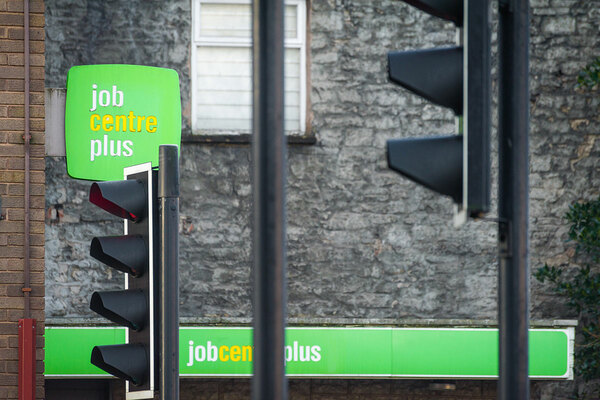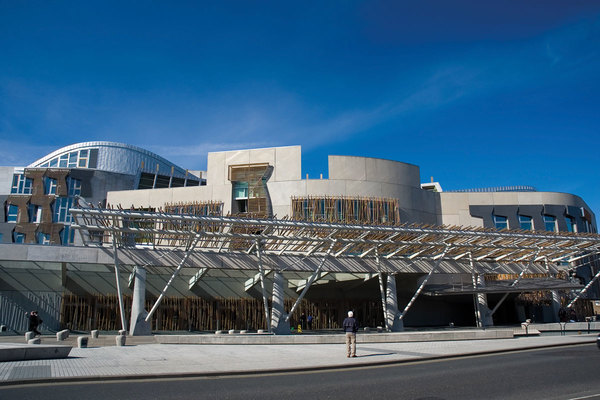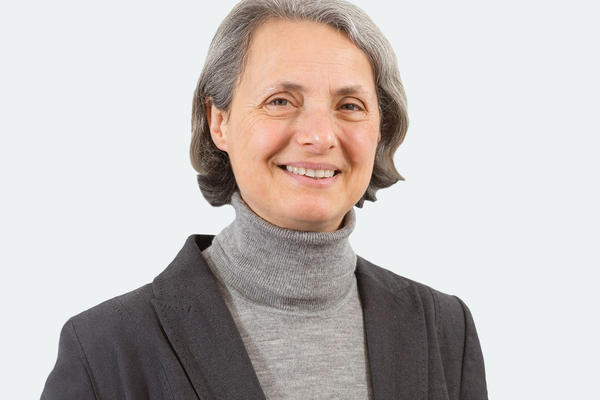Government processes half a million Universal Credit claims in past nine days
The UK government has processed almost half a million claims for Universal Credit (UC) in the past nine days, a Commons select committee heard this morning.
The Work and Pensions Select Committee heard from Dr Thérèse Coffey, secretary of state for work and pensions, and Peter Schofield, permanent secretary, on how they are responding to the coronavirus crisis this morning (25 March 2020).
They said there were more than 100,000 registrations for UC yesterday alone. According to official government statistics, the number of claims made in the four weeks up to 9 January 2020 was 160,000.
Labour’s Stephen Timms, chair of the committee, was asking about the options for people who are having to self-isolate and are unable to work, and how they can access income.
Mr Timms added that whatever the additional governmental support turns out to be for the self-employed, it seems clear there will be a large group depending on UC during the crisis.
Dr Coffey pointed to the new £500m Hardship Fund available to councils and agreed that UC would be “absolutely an option” to support people during this time, and that it includes welfare such as housing benefit, which she said people may not realise falls under UC.
“The Universal Credit system is open. In the last nine days we have processed almost half a million claims – we don’t know if they are self-employed or at different stages.”
Mr Schofield said the unprecedented moment facing the country has meant a record number of people seeking benefits.
He confirmed that since Monday last week, the department has registered and taken around 477,000 into the system, adding that “the system is working”.
She said that some of the choices and actions being taken by government are about how it can “operationalise quickly”, including around rent support and support for rent payments.
“When we considered how to help people with rent, could we just give more money to local councils to help with Discretionary Housing Payments? Or would that be just too operationally difficult?
“And the decision was made to increase the Local Housing Allowance. Some of this is about how we respond quickly to the needs of the nation right now.”
Mr Timms questioned the five-week waiting time for UC payment, which the Trussell Trust has previously said is driving people to food banks.
Dr Coffey said that the underlying principles of UC have not gone away, such as government needing a month to assess what monthly income would be.
She said any other changes would be technically and operationally difficult, whereas advances can be done quickly.
“As I keep reiterating, the advances can be made to people pretty quickly. You could say you’re getting your 12 months but spread over 13 payments.”
Responding to questions from Mr Timms about the soundness of the UC process, Mr Schofield pointed to 105,000 claims registered for UC in one day as evidence that the “system is working”, and said changing the structure now would be more detrimental than using the existing process.
Mr Schofield said he could not say where the UC claimant numbers would go next but reiterated the department’s commitment to ensure people receive payment promptly, with no sign of delays among the half a million people to date.
However, he did concede that there had been some issues around capacity to verify all claims.
Dr Coffey said that the chancellor is “working hard” to see what can be arranged for the self-employed across the country, but pointed to the challenge of supporting five million people on a range of incomes.
RELATED









